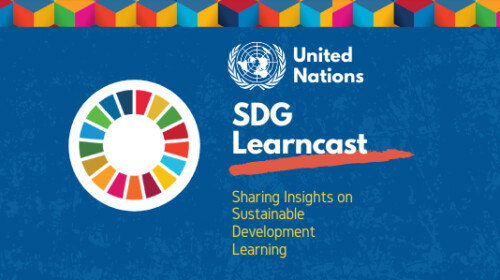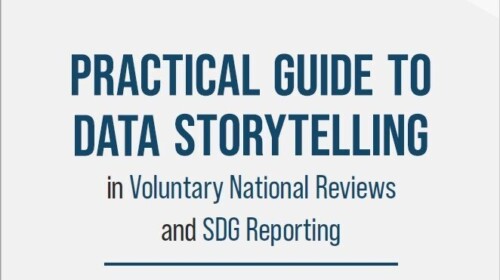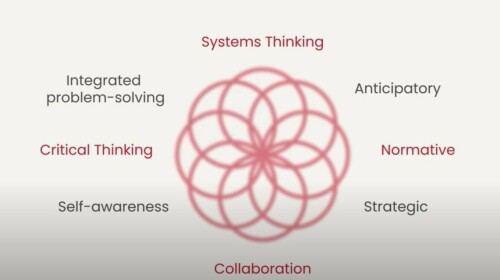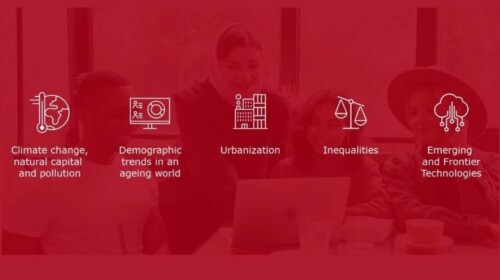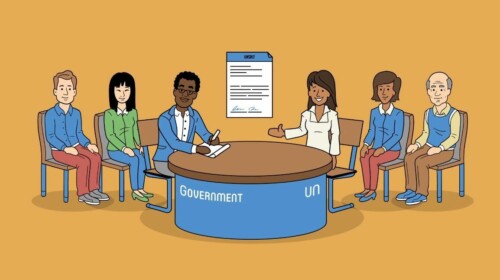For the first time in history, all 193 Member States have committed to a global action plan for people, prosperity and the planet – the 2030 Agenda for Sustainable Development. The challenges to achieving this ambitious promise are enormous and the United Nations – impactful, effective, and fit for purpose – has never before been more needed by its Member States.
The ongoing UN development system repositioning process calls for a new set of attributes for UN leadership – impactful, adaptive, purposeful, holistic and agile – to lead the organization to deliver results at the scale and pace required to help the countries achieve the Sustainable Development Goals by 2030.
The course will enable the UN staff who are aspiring to take on leadership roles to build on a more profound understanding of the paradigm shift required by the 2030 Agenda and the changing role of the UN, as well as the new attributes of leadership positions in the UN to align and harness their own competencies and skills to make the transition into roles of greater responsibility.
Target Audience
UN staff at the P3-P4 levels and equivalent, working on issues related to the UN support to the implementation of the 2030 Agenda for Sustainable Development and the sustainable development goals (SDGs) at national, regional and global levels.
Learning Objectives
Upon successful completion of this course, participants will:
- Possess knowledge of the vision and principles underlying the 2030 Agenda and effective approaches towards its implementation through practical means and mechanisms to sustainable development;
- Understand the ongoing repositioning of the UN development system, as well as the related UN reform streams, and the implications for UN work at country, regional and global levels;
- Understand what competencies, skills and values they will need to develop in order to take on a leadership role in the repositioned UN system, to provide impactful and transformative support to countries on the 2030 Agenda;
- Harness their individual purpose and leadership style as a driver of superior performance for organizational impact;
- Acquire and build self-awareness and commit to impactful and adaptive sustainable development leadership.


